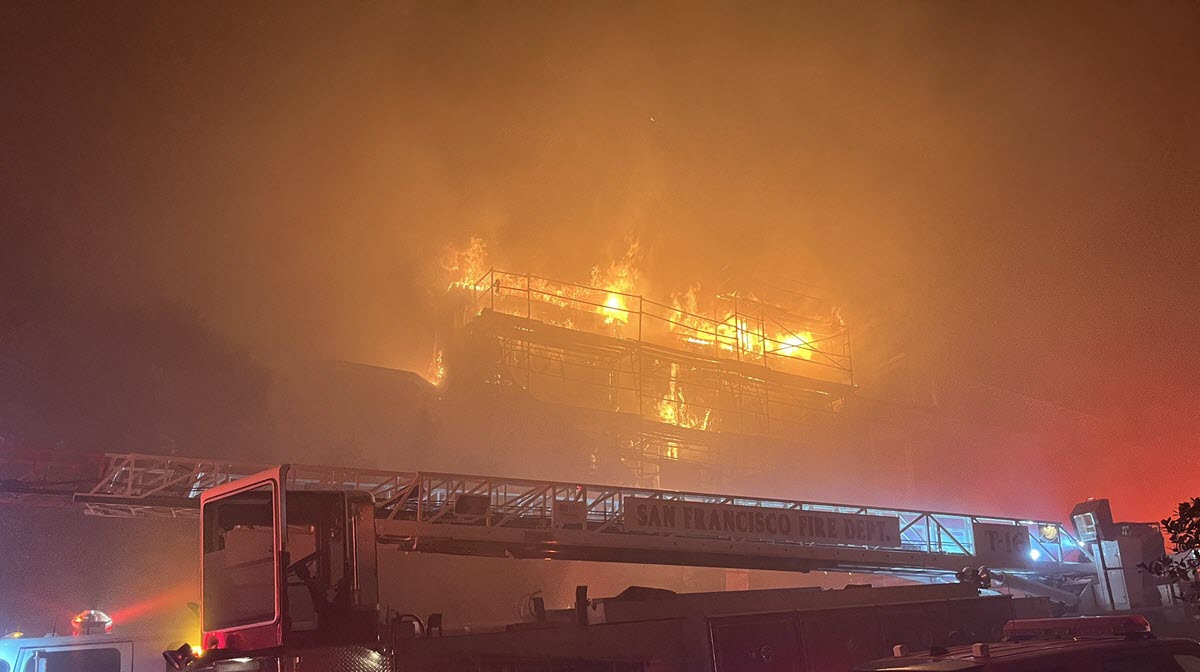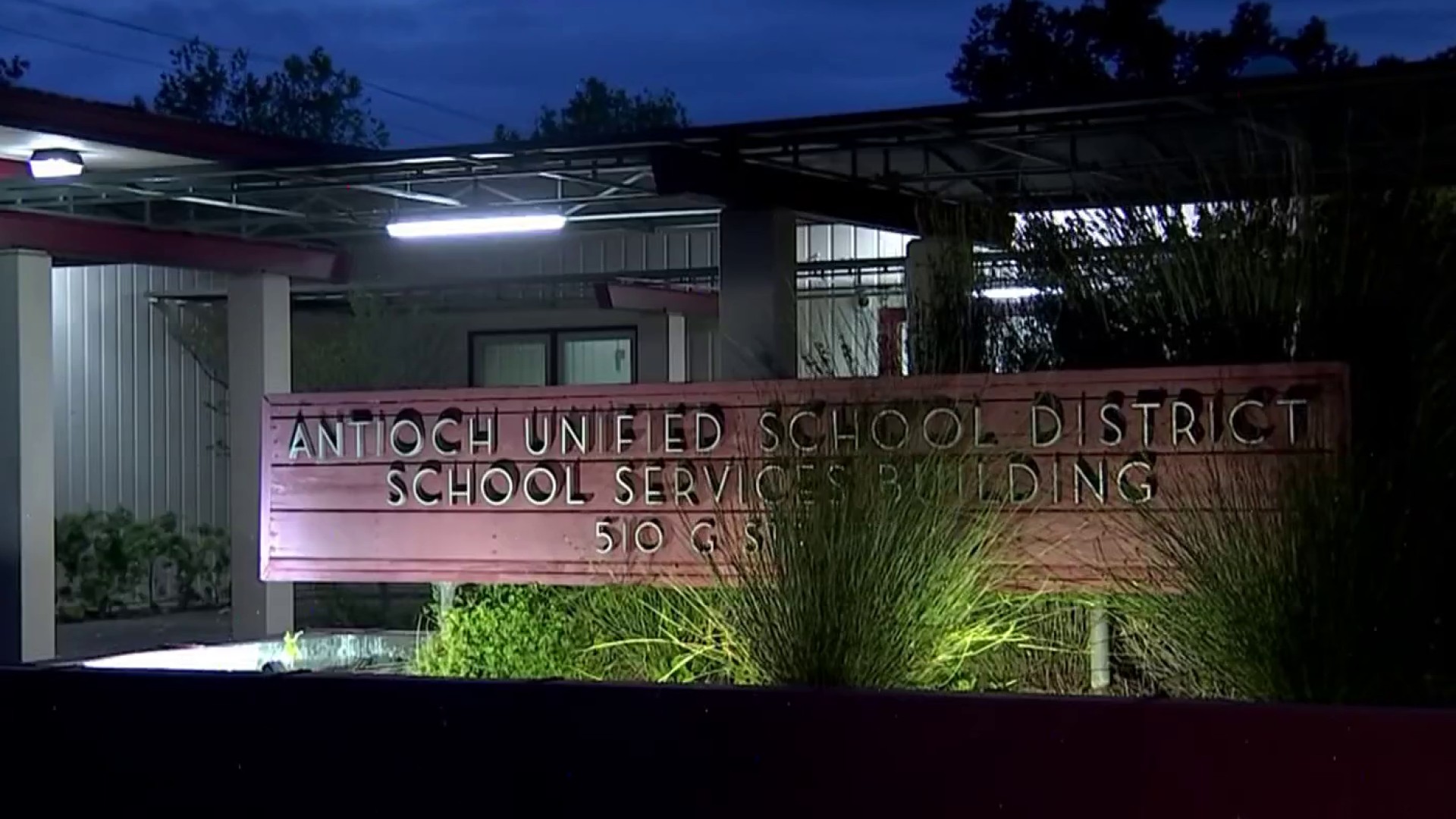The Bay Area Toll Authority has decided it's time to collect unpaid bridge tolls to the tune of $180 million.
The agency's governing body, the Metropolitan Transportation Commission, voted to crack down on hundreds of thousands of drivers who used the seven state-owned Bay Area bridges but did not pay the toll. It plans to collect $50 million in unpaid tolls and $130 million in late fees.
“We are obliged to forward these unpaid crossings to DMV within three years and so we’re half way through that cycle,” said John Goodwin of the Bay Area Toll Authority.
Most of those unpaid bills were mailed to people who used the bridges during the pandemic, when there were no workers in the toll booths. The tolls were waived for months after the pandemic started, but when the toll authority decided to reinstate them, it began sending bills in the mail.
Get a weekly recap of the latest San Francisco Bay Area housing news. Sign up for NBC Bay Area’s Housing Deconstructed newsletter.
The toll authority says about 396,000 drivers have outstanding tolls and late fees with bills ranging from $22 to $88. Another 101,000 drivers owe $110 to $418, and about 13,000 drivers face calls from collection agencies since they owe more than $1,600.
“I think people should pay the tolls, it supports local bridges and roads and everybody is using them and it's an equitable way to ensure that people who use the roads pay for them,” said driver Ari Hersher.
Local
Advocates for low-income families, however, say they’re concerned about how the crackdown will affect those who are barely making it or are living out of their cars, since lack of payment could lead to a hold on vehicle registration renewals.
“I think it's going to have a really significant impact particularly on low income clients,” said Rachel Hoerger.
She is a staff attorney with Bay Area Legal Aid and says some people may get holds and fees they weren’t expecting, and can’t afford to pay.
“Clients who are low income, who may be less stabile housed, who are going through for example the displacement that is happening in the immediate Bay Area people are much less likely to have a bank account to connect with a FastTrak in the first place they may be less likely to receive any notifications.”
But the plan has been approved, and notices for collections are expected to be mailed soon to those with outstanding fees to their name.
“We want to be able to set up an opportunity for folks who can not pay the entire amount owed, particularly those who are low income, to enroll themselves in a program that allows them to make installment payments over time,” said Goodwin.
He added that they understand there could be a burden and they’re working on it, but some believe the proposal to allow just certain people to enroll doesn’t alleviate the financial challenges others might face.



